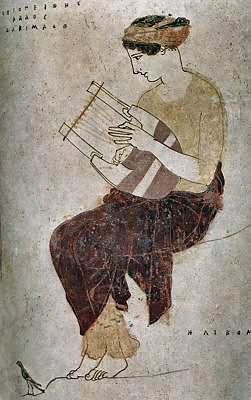
“Do you know my poetry”
— Johnny Depp as William Blake, in Jim Jarmusch’s Dead Man
Many posts in this series were originally written for a screen writing website I belonged to, and I’d planned to eventually gather them together into a published book. As you can see, the topic got out of hand. I concentrated too much on examples from the visual arts for it to be palatable, or even comprehensible, for an audience of screenwriters. This might have been predicted. I’m illiterate and don’t know how to read — but I natively love pictures.
Still, though, I think the basic ideas presented here are good ones. We often feel, and say, that a painting, a movie, or a piece of music is “poetic,” just as much as poetry itself can be. I hope the theories I propose form a fertile way to think about this common aspect of several arts. I hope my amateur, impudent analyses, comments, flippancies, and ironies will be found amusing or even helpful to a generally literate public — not at all limited to specialists, but perhaps including people.
So, for the time being, I’m reposting, rewriting, and expanding these essays because I believe the material is good and I’d like, somewhere in medias res, to figure out how to focus and organize it.
Meanwhile, it is fondly imagined that people will enjoy.
The posts in the series, published or planned, are:
- Poetry in Film, in Art
- What “poetry” means: Rembrandt
- Malevich and Vermeer
- Édouard Manet — clothed and unclothed
- The battle of the statues in Wyman Park
- Emily Dickinson — I could not stop for death
- . . . every thing would appear to man as it is, infinite
- Jane Austen — free indirect speech
- I’ll swim that minefield when I come to it
- . . . (more that I haven’t figured out yet) . . .
You may also be interested in the following:
- Story Structure (series)
- Dynamic Screenwriting







